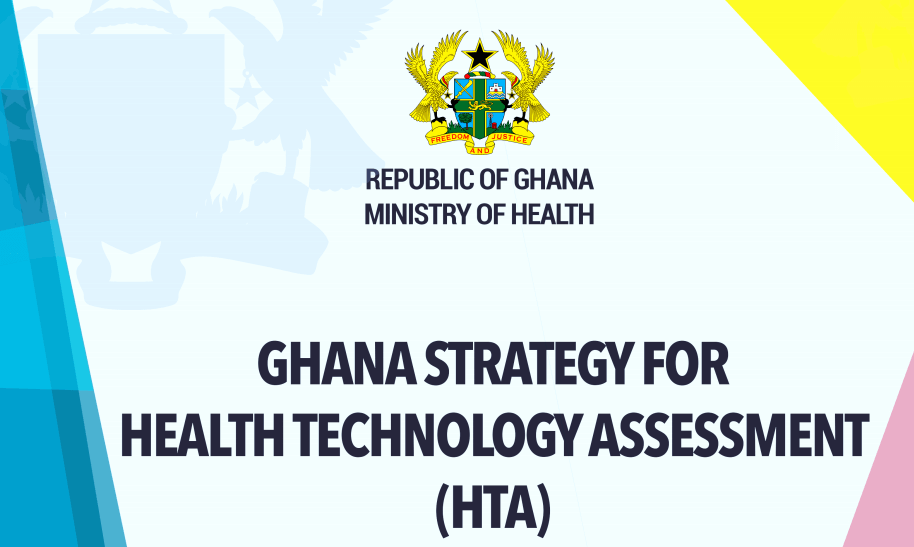Yesterday, Ghana launched its first Strategy for Health Technology Assessment (HTA).
This strategy sends out a clear message of Ghana’s ambitious commitment to evidence informed priority setting. It recognizes that building an HTA function demands action on several areas, including capacity development, topic selection, and bespoke methods guidelines, all linked by a strong governance framework.
In Sub-Saharan Africa, the use of HTA is still very limited, and the Ghanaian progress in this area represents a regional achievement that others can learn from. The strategy builds on iDSI supported work on hypertension, which involved the creation of a Technical Working Group (TWG), a concept that is now part of the architecture of HTA.
Mr Agyeman-Manu, Ghana’s Health Minister, said that so far work in HTA had begun to demonstrate value addition in areas including assessing value in changing from amoxicillin suspension to dispersible tablets, assessment of the cost components of Ghana’s COVID-19 Vaccination Plan as well as the cost-effectiveness of treatment for newly diagnosed hypertension cases.
The launch and new strategy is also key opportunity for regional and continental leadership and shared learning – there has been interest in Ghana’s journey from officials in Tanzania, and participants at the launch event included representative from the Ethiopian Public Health Institute and RSSB Rwanda.
iDSI has been building strong partnerships in Ghana for over 10 years. As the first Sub-Saharan African nation to introduce a tax-funded National Health Insurance Scheme (NHIS) in 2003, Ghana is committed to achieving universal health coverage (UHC) by 2030. To enable this vision, iDSI has continued collaborations with governmental, clinical and academic partners in-country to strengthen evidence-based decision making in healthcare for Ghana’s population of 30 million.
Progress on HTA has been led by a committed team in Ghana that includes Martha Gyansa-Lutterodt, (MoH Ghana), Brian Asare (HTA secretariat, MoH Ghana) and Justice Nonvignon (University of Ghana & co-Chair of the TWG). Martha Gyansa-Lutterodt in particular had a key role in driving HTA development through her leadership as Director of Pharmaceutical Services at the MoH, and now as Director of Technical Coordination within that ministry.
CGD and our iDSI partners (LSHTM, NIPH and the University of Ghana) will continue to support the strengthening of the nascent HTA structures, with an emphasis on institutional coordination and “end to end” HTA thinking – from topic selection to strategies for implementing HTA findings and assessing impact.
